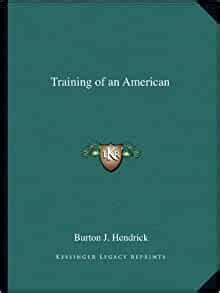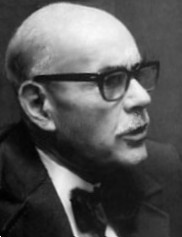A Quote by Sigmund Freud
At first the analysing physician could do no more than discover the unconscious material that was concealed from the patient, put it together, and, at the right moment, communicate it to him. Psychoanalysis was then first and foremost an art of interpreting. Since this did not solve the therapeutic problem, a further aim quickly came in view: to oblige the patient to confirm the analyst's construction from his own memory.
Quote Topics
Aim
Analysing
Analyst
Art
Came
Communicate
Concealed
Confirm
Construction
Could
Did
Discover
First
Foremost
Further
Him
His
Interpreting
Material
Memory
Moment
More
Own
Patient
Physician
Problem
Psychoanalysis
Put
Quickly
Right
Right Moment
Since
Solve
Than
Then
Therapeutic
Together
Unconscious
View
Related Quotes
Doctor Johnson said, that in sickness there were three things that were material; the physician, the disease, and the patient: and if any two of these joined, then they get the victory; for, Ne Hercules quidem contra duos [Not even Hercules himself is a match for two]. If the physician and the patient join, then down goes the disease; for then the patient recovers: if the physician and the disease join, that is a strong disease; and the physician mistaking the cure, then down goes the patient: if the patient and the disease join, then down goes the physician; for he is discredited.
A physician who fails to enter the body of a patient with the lamp of knowledge and understanding can never treat diseases. He should first study all the factors, including environment, which influence a patient's disease, and then prescribe treatment. It is more important to prevent the occurrence of disease than to seek a cure.
Every session attended by the analyst must have no history and no future. What is 'known' about the patient is of no further consequence: it is either false or irrelevant. If it is 'known' by patient and analyst, it is obsolete....The only point of importance in any session is the unknown. Nothing must be allowed to distract from intuiting that. In any session, evolution takes place. Out of the darkness and formlessness something evolves.






































